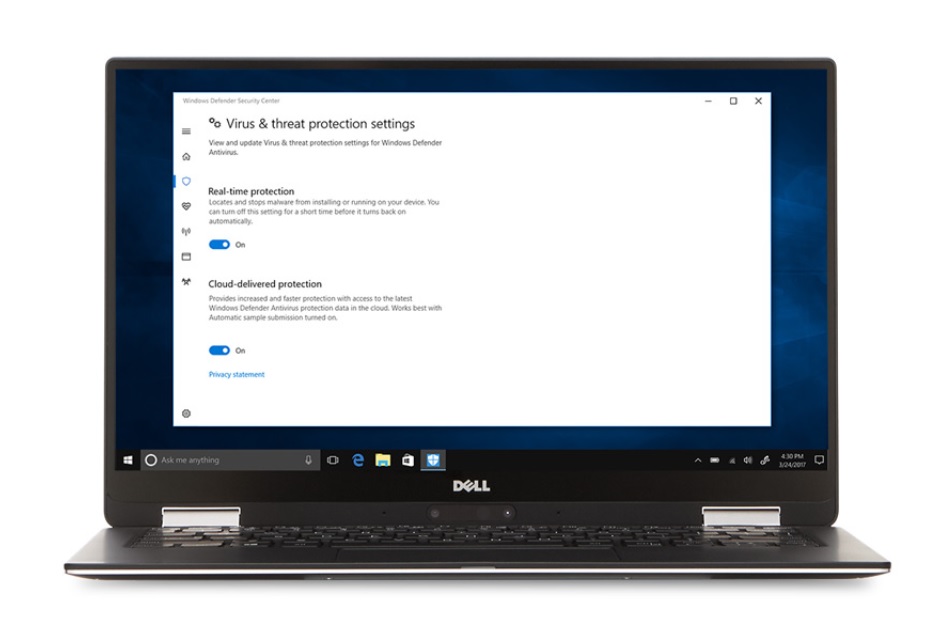
We are obsessed with third party anti-virus software applications. We have our minds trained in such a way, that even if our system has an inbuilt anti-virus program, we will turn it off and purchase a new one. The same has happened with Windows Defender. Once upon a time, we needed an anti – virus program to be installed separately on our Windows devices. When Windows 7 was released, users needed to install Windows Security Essentials for protection of the Windows 7 PCs. Now, Windows Security Essentials have been replenished, ameliorated and developed as a standalone application for Windows 10. Now, it comes built-in with Windows 10 and is called Windows Defender. The best thing about Windows Defender is that, it can flawlessly destroy all traditional viruses, functions in the background and you won’t even get continuous notifications.
Windows Defender Functionality
If you have never really cared about Windows Defender, then first, you must know about Windows Defender and the performance it offers.
- Windows Defender protects your Windows 10 PC from a plethora of security issues. It provides real-time protection from virus, malwares, ransomware, etc. it comes pre-installed with Windows 10 and hence, you do not have to install anything separately.
- It offers cloud delivered protections, that is, Windows Defender receives different threat definitions and detections based on the latest data from the cloud.
- It provides real-time protection but also provides details of all previous sessions.
- With time, viruses and malware have also evolved. Now, there are numerous difficult-to-handle malware, ransomwares and zero-day attacks, etc. Windows Defender has a feature called Controlled Folder Access. This feature protects a folder/s with controlled access, and you can store all your vital and confidential information in those folders. Those folders will have super protection from ransomwares.
- Windows Defender is also integrated with web browsers like Google Chrome, Microsoft Edge to render protection during internet browsing.
Windows Defender vs. Other Anti-viruses

There is no point in discussing only the positive aspects of Windows Defender, unless we get to know the comparative aspects with other Anti-Viruses. There are several performance tests for examining the performance anti-virus applications. For example, one popular test is the AV test. The AV test rates all anti-viruses on a scale of 0 to 6. It tests three criteria, such as Protection, Performance, and Usability. According to test reports of December 2018, Windows Defender got 6 in Protection, 5.5 in Performance and 5.5 in Usability. According to AV Test, Windows Defender now provides 99.6% protection against zero-day malware attacks. Out of 1.5 million samples, Defender has been able to successfully detect seven legitimate bits of software as malware in November, which was a little worse than the industry average of five. Over the course of one year, this performance of Windows Defender has ameliorated too.
So, as a whole, we can say Windows Defender is good enough for your system, if not the best. But protection is a team work.
What Is The Best Combinations Of Anti-Viruses?
Nowadays, anti-virus program is not sufficient to protect your computer. What you need is a good anti-exploit program. Malwarebytes are great anti-exploit programs that are capable of destroying PUPs (Potentially Unwanted Programs), CryptoLockers, Ransomwares, etc. So, the best option is to pair up an Anti-virus with a potential Anti-Exploit program.

